Building Blocks of a Healthy Team Culture
Let's consider this question: what do we need to function as humans?
The answer might surprise you. We don’t just need food and water (although those are important). No, according to Maslow’s Hierarchy of Needs, we also have safety needs — like shelter — and the need for a sense of belonging. If either of these needs is not met, a void remains to be filled!
The same principle applies when it comes to creating a healthy team culture. Employees can only perform at their best if their needs of safety and connection are met in their team and the organisation.
What does a healthy team culture look like?
We start by defining what a healthy team culture even means. Culture is the shared values, behaviours and beliefs of a group of people; it is the glue that holds your team together. The best work is produced not in silos, but in teams. When you are able to rally a team of individually talented people to leverage their talents, you will not only see a stark increase in creativity and innovation, but the performance, loyalty and engagement levels will increase simultaneously.
There is no quick fix for building a healthy team culture — it’s not something that can be done on the fly or with a one-off activity. Companies will have to know exactly what culture they want to foster and be willing to invest in the efforts needed to build it.
Here are the building blocks that companies should set in place to build a healthy team culture:
Establish the core value of teamwork
A team-oriented organisation means that you win as a team, and you fail as a team. Having the core value of teamwork lays the groundwork for a thriving team culture where team members are comfortable and competent in collaborating together.
Establishing a team-oriented culture also demonstrates the company's commitment to giving team members the autonomy and ownership to be a partner in the decision-making process. This is a sure way to boost team morale and get team members engaged in the work.
Encourage them to challenge the norms
A healthy team culture is one that constantly innovates and evolves. However, innovation cannot take place if teams are stuck doing the "same old" practices or processes, some of which might already be obsolete.
Companies will need fresh perspectives on the same problems to reinvent better solutions. To accomplish that, it is essential to encourage team members to challenge the status quo. What was once conventional wisdom should now be put aside for the purpose of being ahead (not just keeping up) of the pack.
Equipping them with resources
Regardless of how talented teams may be, they cannot push their boundaries of success without the proper resources. For instance, with documentation going paperless and stored in the cloud, companies have to do away with the traditional approach to documenting information.
Be transparent about budgeting so that employees are aware of any constraints if there are, and they have clarity on what resources are set aside for each department's use. Transparency also establishes accountability with employees, who can make strategic decisions on the relevant resources based on their current needs.
Final Thoughts
At the end of the day, it’s important to remember that a healthy team culture is not something that you can create overnight. This kind of environment takes time, dedication, and hard work from everyone involved.
But it all begins with that first step.
Written by Rachel Chai
Connectedness • Empathy • Strategic • Belief • Context
Rachel is a Strengths School™ Certified Strengths Trainer and the Content Lead at Strengths School™. Being deeply introspective, she believes in helping others draw connections between how their unique strengths play out in their lives.



